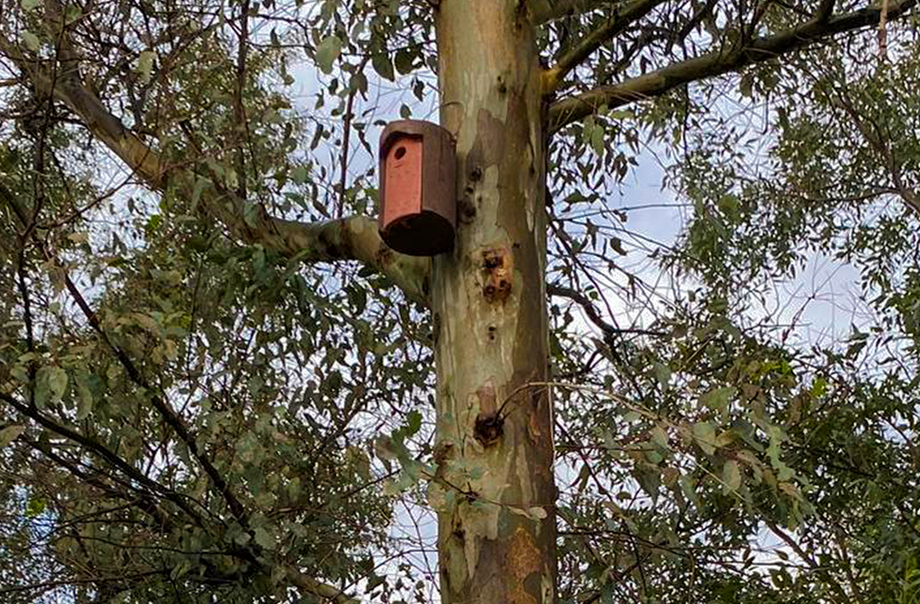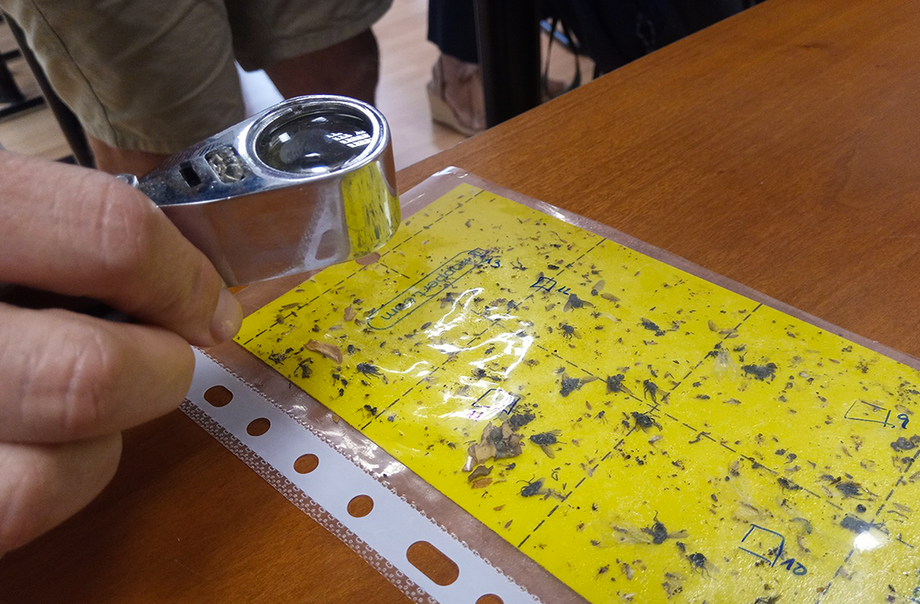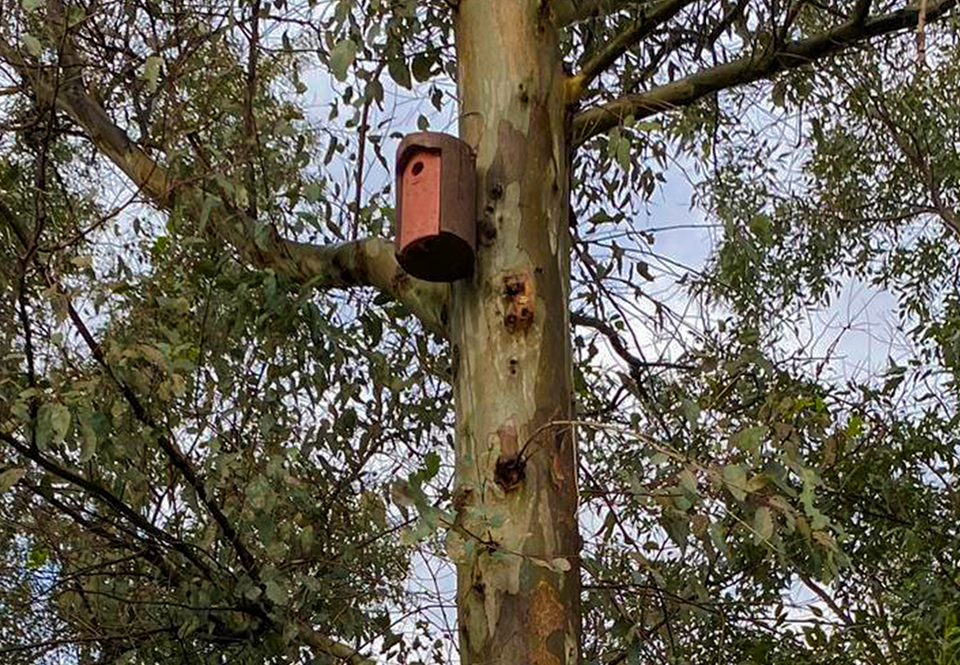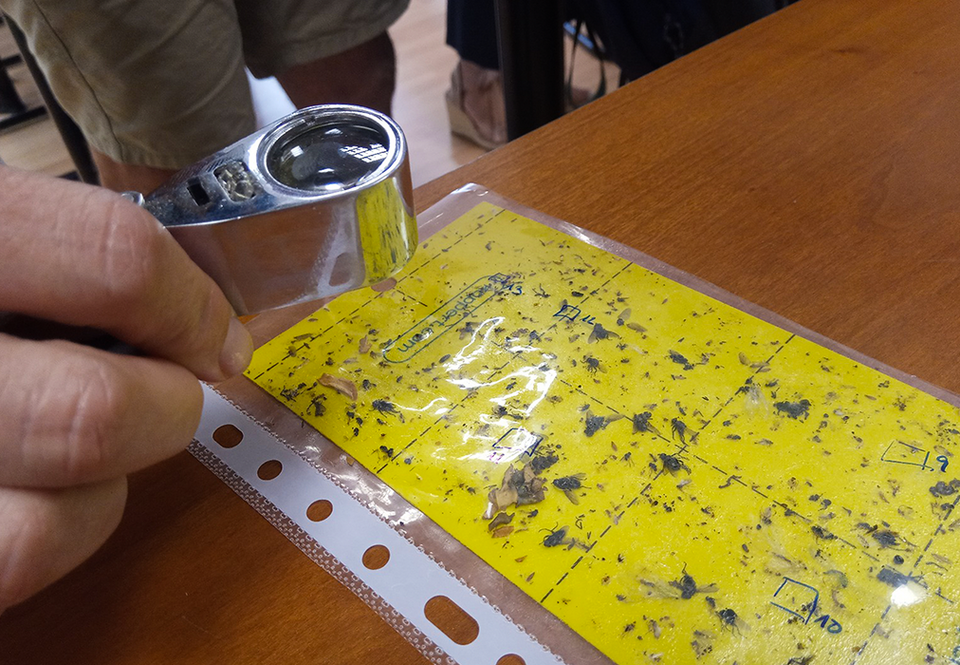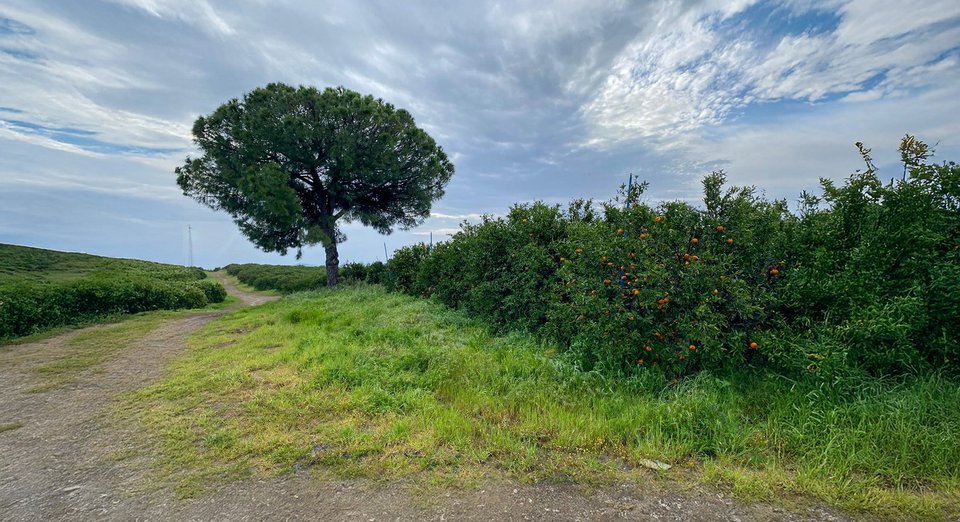
Floods, water shortages and violent storms are no longer a rarity. REWE Group is also affected by such extreme weather events. To meet these challenges, Eurogroup, a subsidiary of REWE Group, which is responsible for purchasing fruit and vegetables in Spain, among other things, has launched the TRES producer programme.
A particularly striking example of extreme weather events is the devastating flood in Valencia in 2024, which not only severely affected the local population but also caused considerable damage to the region's infrastructure and fertile farmland. Such events can seriously jeopardise the stability of supply chains and pose enormous challenges for producers, as it often takes several years to deal with crop failures and financial losses.
REWE Group is also affected by such extreme weather events. Around 20 per cent of its fruit and vegetable requirements are sourced from Spain, meaning that large-scale crop failures can quickly lead to shortages of fruit and vegetables. To meet these challenges, Eurogroup, a subsidiary of REWE Group, which is responsible for purchasing fruit and vegetables in Spain, among other things, has launched the TRES producer programme. The programme, which was launched in Valencia in 2020 with four citrus fruit producers, aims to promote the exchange of knowledge and cooperative collaboration with suppliers along the supply chain. This not only supports the development of versatile and sustainable supply chains, but also actively strengthens security of supply.
"In Spain, we are faced with increasingly demanding legal requirements and extreme climatic conditions. With TRES, we want to help our producers to overcome these challenges and thus secure REWE's supply," explains Rafael Navarro, Head of Quality Management at Eurogroup Spain.
 At the TRES conference in Valencia, Rafael Navarro gives a committed speech to the producers.
At the TRES conference in Valencia, Rafael Navarro gives a committed speech to the producers.
The TRES producer programme is based on five pillars: Biodiversity, fertilisation, crop protection, water and energy, and social responsibility. The programme's approach therefore goes beyond pure climate aspects and is deliberately holistic, so that the respective pillars are not considered in isolation. For example, the installation of bird boxes contributes to the promotion of biodiversity. In a next step, however, it also enables a reduced use of pesticides, as the birds support biological pest control and thus maintain the ecological balance.
Another central component of the programme is the creation of an interactive communication platform. Within this framework, producers can regularly take part in training sessions and discuss current challenges. In addition to the producers, agricultural engineers and employees from Eurogroup Spain are also present. Rafael Navarro explains: "The producers have a wide variety of concerns. We endeavour to support them, find suitable experts for the various challenges and offer individual solutions."
Initially, however, some producers were sceptical about this format, as they feared that their own ideas could be copied by the competition. However, the initial success of the programme overcame these concerns. Today, the combined knowledge of all participants, monitoring of pests and beneficial insects and regular data collection on productivity and water utilisation enable the joint development of practical solutions.
This progress was already evident during the flood disaster in Valencia. For example, targeted soil adaptation techniques have improved water infiltration, enabling better control of the water masses and preventing greater damage.
Growers are also better prepared for other extreme weather situations thanks to the TRES programme. For example, proven filtration techniques promote water storage in the soil during drought, while increased greening minimises evaporation. Although many of these techniques are not new, the programme combines them in innovative ways to achieve maximum efficiency and resilience.
 The bat boxes installed allow the animals to recover.
The bat boxes installed allow the animals to recover.
The success of the TRES producer programme can also be proven in figures: Within the first three years, all participating producers achieved at least 60 per cent of the targets set.
Rafael Navarro summarises: "Positive progress can be seen in all five pillars of the programme." Improvements were achieved particularly in the areas of "fertilisation" and "plant protection" through the use of organic substances and optimised fertilisation techniques. This in turn led to a reduction in the CO2 footprint. The modernisation of machinery also helped to reduce energy consumption in production. And in the area of biodiversity, measures such as the installation of bat boxes and insect hotels also increased the effectiveness of pest monitoring and ecological structures.
 Renaturalisation areas on the citrus fruit plantation promote biodiversity and species protection.
Eurogroup has now successfully extended the programme beyond Valencia to Catalunya and Murcia. The focus has been expanded from citrus fruits in Valencia to leafy vegetables in Murcia and stone fruit in Catalunya, Murcia and Valencia. By 2028, the programme should be applicable to every fruit and vegetable product group. In the coming months, the programme will be extended to the production<u> </u>of berries in Huelva and melons, watermelons and fruit vegetables in Almeria. In the area of social responsibility, the aim is also to involve producers in effective and accessible complaints mechanisms, such as Appellando.
Renaturalisation areas on the citrus fruit plantation promote biodiversity and species protection.
Eurogroup has now successfully extended the programme beyond Valencia to Catalunya and Murcia. The focus has been expanded from citrus fruits in Valencia to leafy vegetables in Murcia and stone fruit in Catalunya, Murcia and Valencia. By 2028, the programme should be applicable to every fruit and vegetable product group. In the coming months, the programme will be extended to the production<u> </u>of berries in Huelva and melons, watermelons and fruit vegetables in Almeria. In the area of social responsibility, the aim is also to involve producers in effective and accessible complaints mechanisms, such as Appellando.
It is therefore clear that the TRES programme emphasises not only quality, but also careful supplier management and sustainability as key elements. It shows how REWE Group continuously strives to fulfil the highest product standards without neglecting social and environmental responsibility. This steady progress makes the programme a pioneering model in the agricultural industry and makes a significant contribution to shaping the sustainable agriculture of the future.

